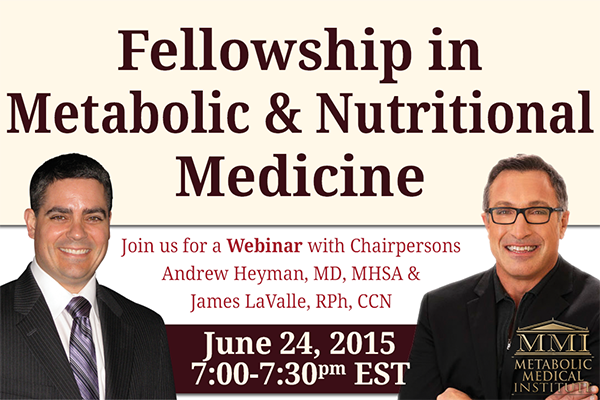With over two-thirds of Americans considered to be overweight or obese, the global obesity epidemic shows no signs of slowing. As diabetes and cardiovascular disease are on the rise, in addition to spikes in other lifestyle-related disorders, it becomes increasingly critical to maintain education surrounding healthy living habits. Yet while physicians are generally considered to be reliable sources regarding nutrition, more than 50% of graduating medical students continue to rate their knowledge as ‘inadequate,’ and only one in eight patients receives counseling from their doctors on dietary health benefits.
A study found that the majority of cardiologists lack current, up-to-date education surrounding nutrition and diet. A report published by the American Journal of Medicine, authored by a dozen healthcare professionals in the United States and Spain, titled “A Deficiency of Nutrition Education and Practice in Cardiology” details that less than a third of cardiologists describe their nutrition knowledge as “mostly up to date” or better. Indeed, while the leading cause of premature death and disability in the United States is heart disease, most cardiologists report inadequate training in nutrition. “Using nutrition as medicine is probably one of the most cost effective ways to treat disease but is incredibly underutilized by healthcare providers,” explained Andrew Freeman, M.D., a cardiologist at National Jewish Health in Denver, and one of the study’s co-authors. “If we could empower healthcare providers with information on how to implement this in daily practice, we could transform healthcare rapidly, prevent healthcare cost explosions, and reduce morbidity and mortality.”
Ninety percent of cardiologists surveyed reported receiving no or minimal nutrition education during cardiovascular fellowship training; 59 percent reported no nutrition education during international medicine training; 31 percent reported no nutrition education throughout medical school. Almost two-thirds of all surveyed cardiologists reported spending three minutes or less per visit discussing nutrition with their patients.
Moreover, another study designed to quantify the required number of hours of nutrition education at U.S. medical schools, in addition to an investigation regarding the types of courses offered, reaffirmed the supposition that medical students receive an inadequate amount of nutrition education. Only 27% of surveyed schools required a course dedicated to nutrition; on average, U.S. medical schools only offer 19.6 hours of nutrition education—across four years of medical school. Other informal polls and anecdotes uphold the studies’ findings, as students assert that nutrition education throughout medical school is, at best, minimal.
Throughout the past several decades, there has been a push towards improving the medical nutrition education that students receive. With suboptimal knowledge about dietary habits, future physicians are selling both themselves and their patients very short. It is imperative to equip health practitioners with the necessary tools and information that they can utilize in their practices, ultimately addressing the root causes of real, pervasive problems. Medical schools have the burden of responsibility to arm their graduates with the tools to tackle the biggest, most acute global health challenges: including obesity and nutrition problems.

